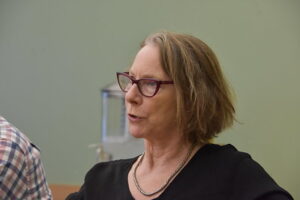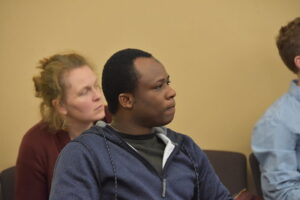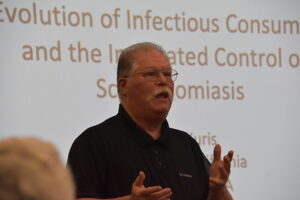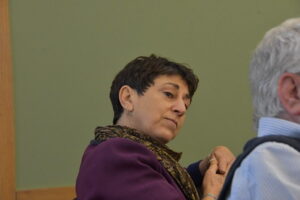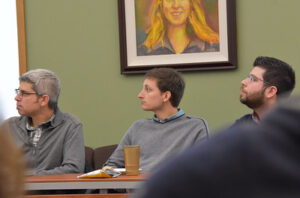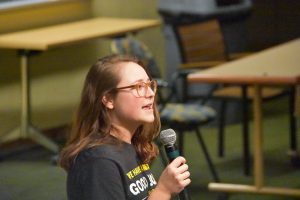 Wes students & faculty learned about the Green New Deal at a Town Hall event here on campus–one of hundreds of events organized nationwide by Sunrise Movement, cofounded by COE alum Evan Weber ‘13. Last night’s event, organized by WesDivest and Wesleyan Climate Action Group and cosponsored by the COE, featured Sunrise Movement rep Lauren Maunus, a senior at Brown U studying enviro science with a focus in environment & inequality. Lauren is on the leadership team of the Energize RI Coalition and the RI Green New Deal Research Council, and helped start Sunrise RI.
Wes students & faculty learned about the Green New Deal at a Town Hall event here on campus–one of hundreds of events organized nationwide by Sunrise Movement, cofounded by COE alum Evan Weber ‘13. Last night’s event, organized by WesDivest and Wesleyan Climate Action Group and cosponsored by the COE, featured Sunrise Movement rep Lauren Maunus, a senior at Brown U studying enviro science with a focus in environment & inequality. Lauren is on the leadership team of the Energize RI Coalition and the RI Green New Deal Research Council, and helped start Sunrise RI.
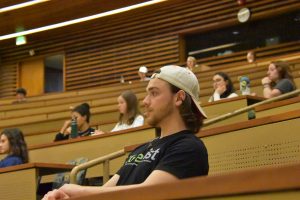
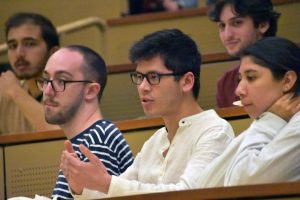
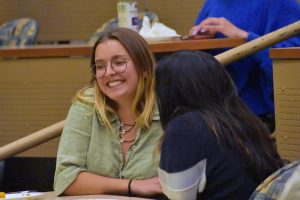
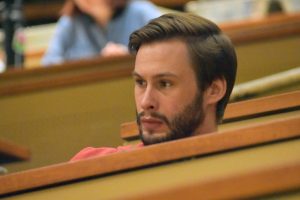
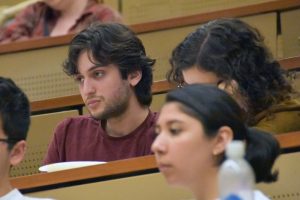
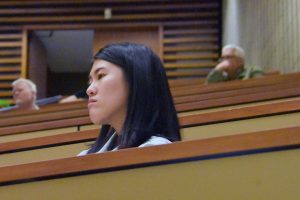

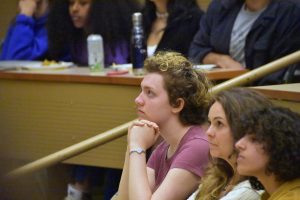
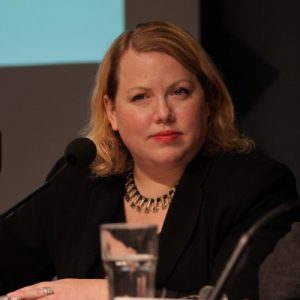 Meaghan Parker, executive director of the
Meaghan Parker, executive director of the 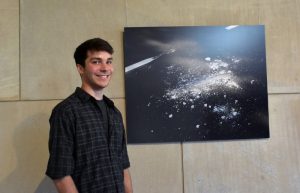 Kudos to art & art history and environmental studies double-major Paul Franceschi ’19, who showcased his senior thesis work, “Frontcountry Principles,” as part of an exhibition at Zilkha Gallery here at Wesleyan, earlier this month.
Kudos to art & art history and environmental studies double-major Paul Franceschi ’19, who showcased his senior thesis work, “Frontcountry Principles,” as part of an exhibition at Zilkha Gallery here at Wesleyan, earlier this month.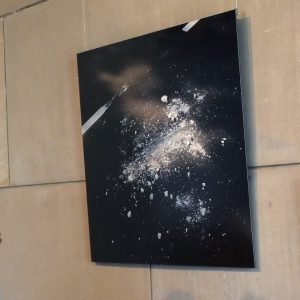
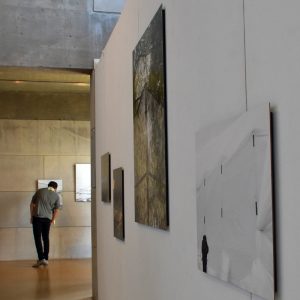
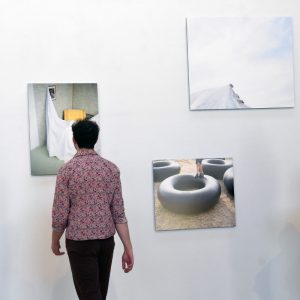
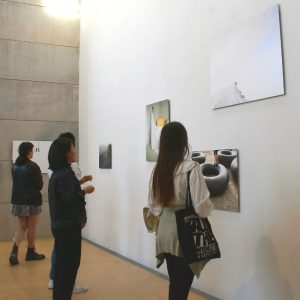
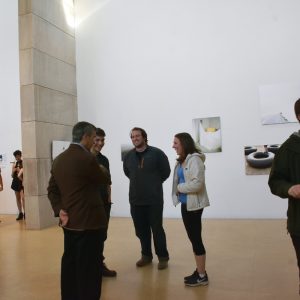
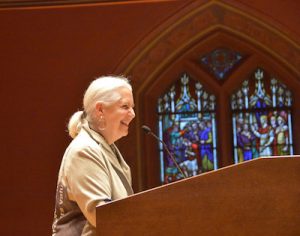 Award-winning writer-conservationist-activist
Award-winning writer-conservationist-activist 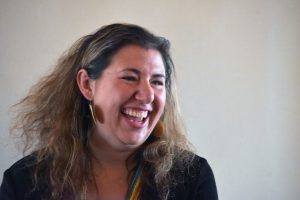 On Feb. 28, students in ENVS201/soph seminar greeted guest speaker
On Feb. 28, students in ENVS201/soph seminar greeted guest speaker 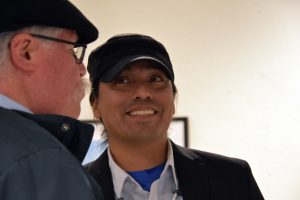 On February 22, the COE hosted a screening of the 2016 documentary short film Shash Jaa’: Bears Ears, followed by a Q&A with Navajo-Hopi filmmaker/director Angelo Baca. A post-showing reception featured a photo exhibit of the Bears Ears region by Fiona McLeod ’19.
On February 22, the COE hosted a screening of the 2016 documentary short film Shash Jaa’: Bears Ears, followed by a Q&A with Navajo-Hopi filmmaker/director Angelo Baca. A post-showing reception featured a photo exhibit of the Bears Ears region by Fiona McLeod ’19. 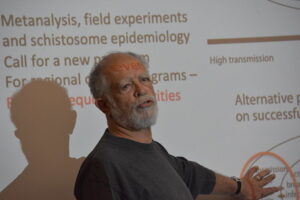 Schistosomiasis (a disease caused by parasitic worms) affects 200 to 300 million people worldwide. On December 3, the COE welcomed evolutionary biologist
Schistosomiasis (a disease caused by parasitic worms) affects 200 to 300 million people worldwide. On December 3, the COE welcomed evolutionary biologist 